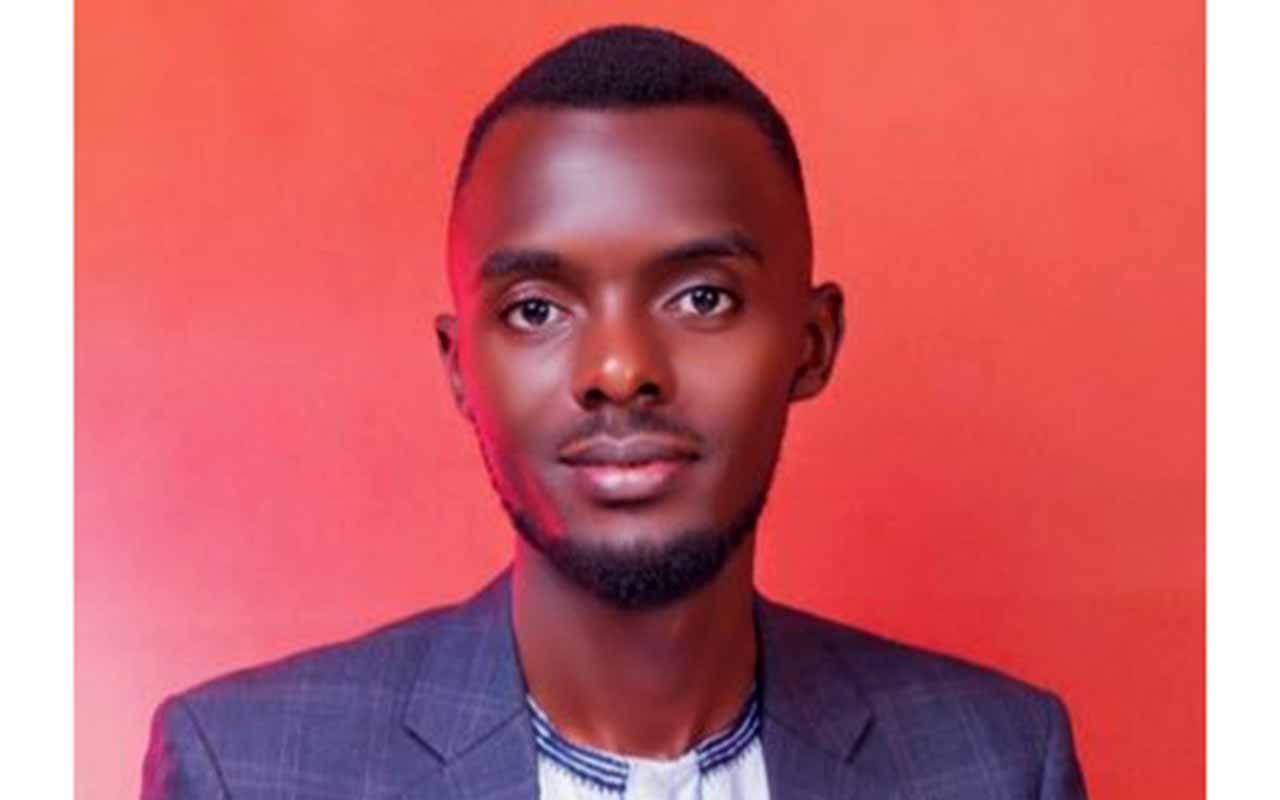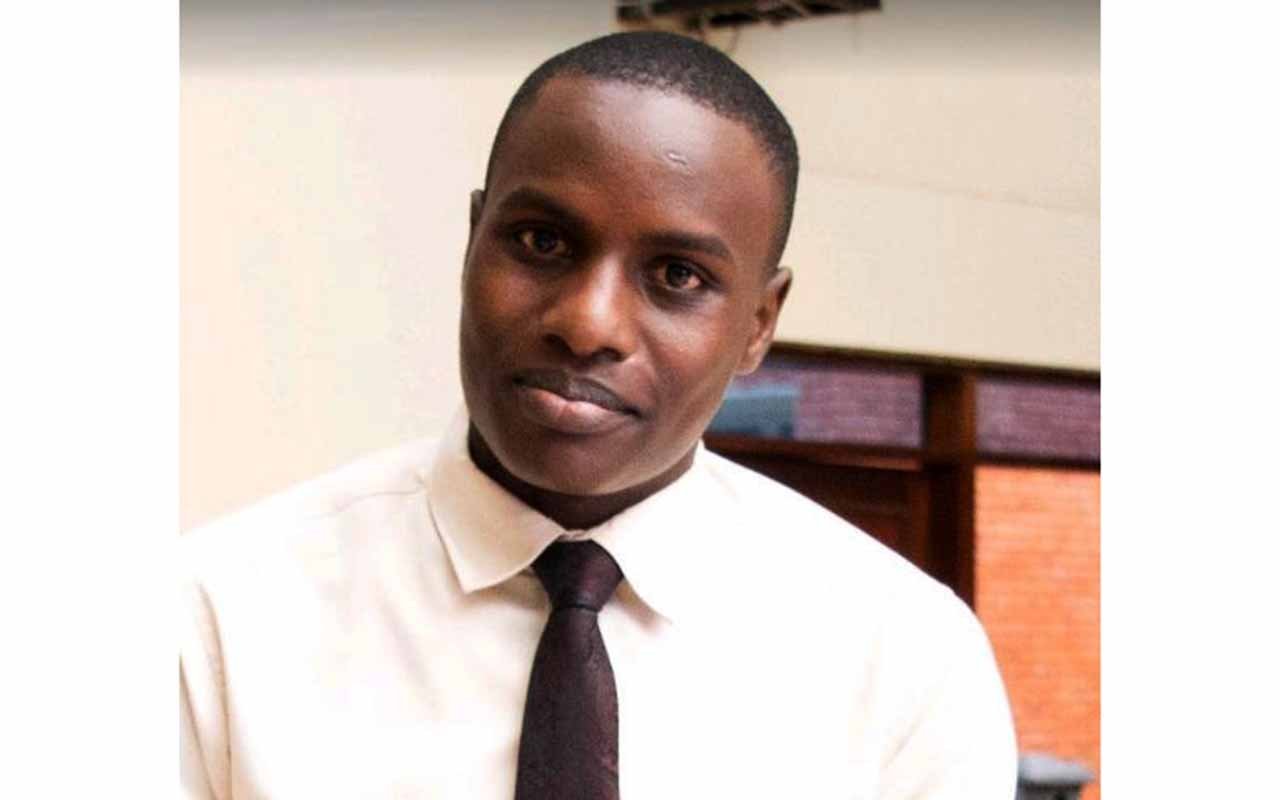
Ms Patience Poni Ayikoru. Photo/Courtesy
Inclusivity
Uganda has over the last decades transitioned from a post-war one-party state to an evolving multiparty constitutional democracy, ranked 31st in Africa in 2021 (according to the Ibrahim Index of African Governance, 2021) in terms of good governance.
The country has sustained peace and stability, despite occasional violence in some parts of the country. Given its location at the heart of the region, protracted conflicts in Somalia, the Democratic Republic of Congo (DRC), and South Sudan have led to a perennial refugee influx into Uganda. The country has also continued to play a key stabilization role in the region, which is important to acknowledge and factor into decisions around support to the electoral process in Uganda as any potential disruptions in Uganda could affect the sub-region.
However, despite the cornerstone of democratic governance being inclusive participation in political processes, it appears to be a moving target for special interest groups such as youth, women, and persons with disability.
As Uganda prepares for its 2026 General Election, there is a growing recognition of the need to address generational divides to ensure broader inclusion in the electoral process. This article comes at a time when the 11th Parliament has only 12.3 percent of parliamentarians aged 35 years and below in a country where about 75 percent of its population is below the age of 35, although we give credit to the recent youthful ministerial appointments. Uganda, like many countries, grapples with significant generational inequalities in political participation and representation.
One fundamental strategy to achieve inclusive participation in the General Election is supporting multi-stakeholder approaches: building bridges between EC and state actors (government agencies, security sector and judiciary) and non-state actors (media, political parties, civil society, the electorate and observers). This approach would seek to involve historically marginalised sections of the population, including women, youth (including First-Time Voters) and people with disabilities (PWDs), as well as enhance strategic dialogues with key influencers and decision makers. Applying an intergenerational lens involves facilitating meaningful dialogue and collaboration between different age groups. It acknowledges the unique perspectives and needs of each generation while promoting mutual understanding and respect.
In the context of elections, this approach seeks to create opportunities for young people to actively engage in shaping policies and practices that affect their future. Thanks to strategic programs that have enhanced electoral processes.
Youth forums such play a critical role in strengthening the capacity of young political leaders through training and mentorship, creating a platform for youth from different political ideologies to facilitate sustainable dialogue and promote a culture of tolerance and collaboration, as well as awareness campaigns on the importance of intergenerational cooperation. However, with the increased interest of youth to take part in the 2026 elections, a more inclusive electoral environment needs to be prioritised. I believe that specific conditions must exist to incentivise inclusive participation in political processes in Uganda.
Some authors have argued that constitutional instruments must exist to structure political power in a depersonalised way that legally creates spaces for participation. Drawing on this argument, there seems to be a lack of consensus among electoral stakeholders on what aspects of electoral reform to prioritise for implementation ahead of the 2026 General Election. Youth leaders have urged the government to make electoral reforms and called for the reduction of nomination fees of special interest groups to increase youth participation in the elections to which I entirely agree.
These notwithstanding, there is a need for continued stakeholder engagement on electoral reforms, both before and after the elections.
Ms Patience Poni Ayikoru, Youth Leader | EU Youth Sounding Board Member Uganda








